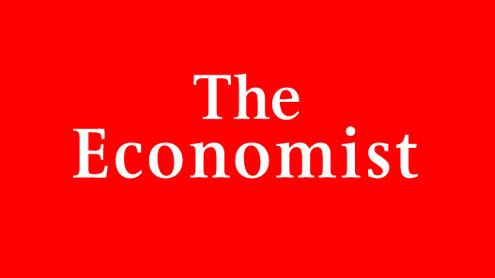 Pakistan these days is a subject of Western media and different kinds of analyses and reports are being published. The latest example is the publication of two reviews on books about Pakistan that appeared in a British magazine, The Economist. These reviews have painted a strange picture of Pakistan. In one breath, these reviews say that Pakistan could be a weak state while in the second it says that the country could not be termed as a failed state. It also pays compliments to the Pakistani society, which it terms very strong and capable of blocking the imposition of Taliban’s Islamic Revolution. The reviews go on to say that the Pakistani nation has resisted three military dictators and stood steadfast to thwart their efforts to derail democratic process. Another British daily, The Guardian carried a report about Gwadar Port commenting that due to negative influence of the superpower (United States), Pakistan’s dream to transform this project into a huge economic hub could not materialise and the area looked like a ghost town.
Pakistan these days is a subject of Western media and different kinds of analyses and reports are being published. The latest example is the publication of two reviews on books about Pakistan that appeared in a British magazine, The Economist. These reviews have painted a strange picture of Pakistan. In one breath, these reviews say that Pakistan could be a weak state while in the second it says that the country could not be termed as a failed state. It also pays compliments to the Pakistani society, which it terms very strong and capable of blocking the imposition of Taliban’s Islamic Revolution. The reviews go on to say that the Pakistani nation has resisted three military dictators and stood steadfast to thwart their efforts to derail democratic process. Another British daily, The Guardian carried a report about Gwadar Port commenting that due to negative influence of the superpower (United States), Pakistan’s dream to transform this project into a huge economic hub could not materialise and the area looked like a ghost town.
The report said that China was keen to expand its Karakoram cooperation with Pakistan from Islamabad to Beijing and link it with Gwadar, but India is horrified with the presence of China in this region.The British media is publishing reports without taking the ground realities in focus. It talks about extremism as a menace and terrorism as a potential threat to world at large. But it does not mention why Pakistan was facing this grim situation. Earlier when the Afghan war was fought, the Americans turned their back on Afghan Mujahideen without whom this war could never have been won. Over four million Afghan refugees were left in lurch for Pakistan to host them. Now Pakistan, being a frontline nation in America’s war on terror, is being asked to do more without providing it the necessary equipment and the required funding. There is a dire need to counter this Western propaganda to malign Pakistan. But the question is who will bell the cat? – Nation












